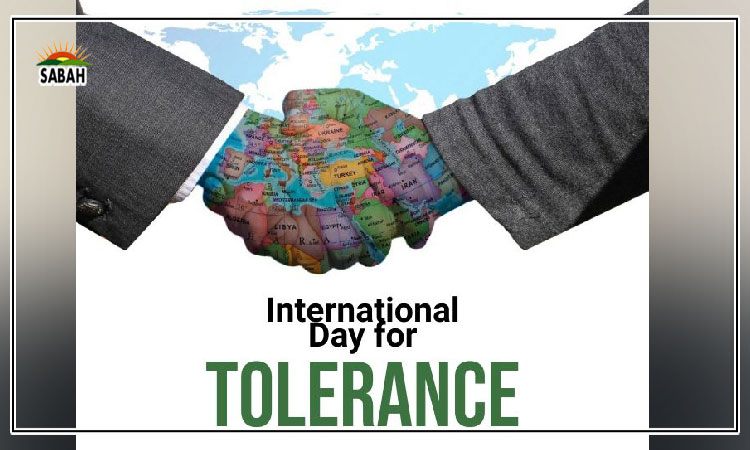Harmony and dissonance: striking the balance… Sheraz Ahmed Choudhary
In recent years, Pakistan has been in the middle of a technological revolution, with Artificial Intelligence (AI) at the heart of this revolution, as the global environment acknowledges the power of AI, Pakistans economy faces a major paradigm shift with its potential to return to reorganisation infrastructure, increasing productivity and fostering innovation.
As Pakistan absorbs the transformative impact of AI on its economy, strategic planning, investment in education and skills development, and strategic partnerships between the public and private sectors will be essential. The journey has begun, and the country is hovering to ride the transformative wave of AI to a brighter economic future.
One of the most prominent impressions of AI on Pakistans economy is its impending surge in economic growth and adeptness. Power-driven automation based on AI can enhance the efficiency of various industries, from manufacturing to services, to streamline operations, reduce costs and increase overall productivity. This efficiency has the potential to be of great benefit to a societys individual growth among a countrys economic growth.
While there are concerns about job displacement due to advancement, the advent of AI also provides opportunities for career growth and skill development. As routine tasks are distorted by modern technology, employees can focus on activities that require specific human skills such as critical thinking, creativity, emotional intelligence, etc. That flexibility can lead to a more active and productive workforce.
AI acts as a catalyst for innovation and entrepreneurship. Both startups and established businesses can use AI applications to innovate, improve existing processes and explore unfamiliar zones. This creates an enabling environment for industrial growth and makes Pakistan a key innovation hub in the global economy.
In finance, AI has the potential to transform banking and financial services and encourage financial inclusion. AI-powered algorithms can analyse big data, enabling accurate credit analysis and risk management. This creates opportunities for a large segment of the population to access financial services.
Despite the implying prospects, widespread adoption of AI in Pakistan comes with its challenges. In addition to issues of data privacy, ethical considerations and the need for competent professionals who can use AI technologies responsibly, policymakers need to develop appropriate regulations that encourage innovation while protecting them from potential hazards.
While AI holds great promise in terms of transformative positive impact, it faces concerns and possible negative consequences. As AI systems become more feasible, there is a risk that technological advancement will replace jobs, including cyclical and regular tasks.
AI programmes can have biases in the training data, resulting in discrimination. These biases can perpetuate existing social inequalities, especially in areas such as hiring, lending and legislative action. The increased reliance on AI systems makes them a potential target for cyberattacks. Weaknesses in AI algorithms can be exploited by malicious performance, leading to serious security breaches. AI-powered autonomous weapons pose ethical concerns about the ability of machines to make life-or-death decisions without human intervention.
The rapid advances in AI technology have exceeded the development of sophisticated regulatory frameworks, posing concerns about accountability, transparency and responsible use of AI. As AI systems take over some functions, businesses lose the human touch, affecting customer experience and relationships. Some AI models require substantial amounts of computing power, contributing to increased power consumption. This has an impact on the environment, especially if the source of energy is not based on sustainable AI.
AI will have dual impacts, both positive and negative. The outcome relies on user choices. While promoting and developing the AI sector is in the national interest of the Pakistani government, there is a risk of increased reliance on technology, shifting society towards technological advancements rather than individual cognitive abilities.
Courtesy The Express Tribune












